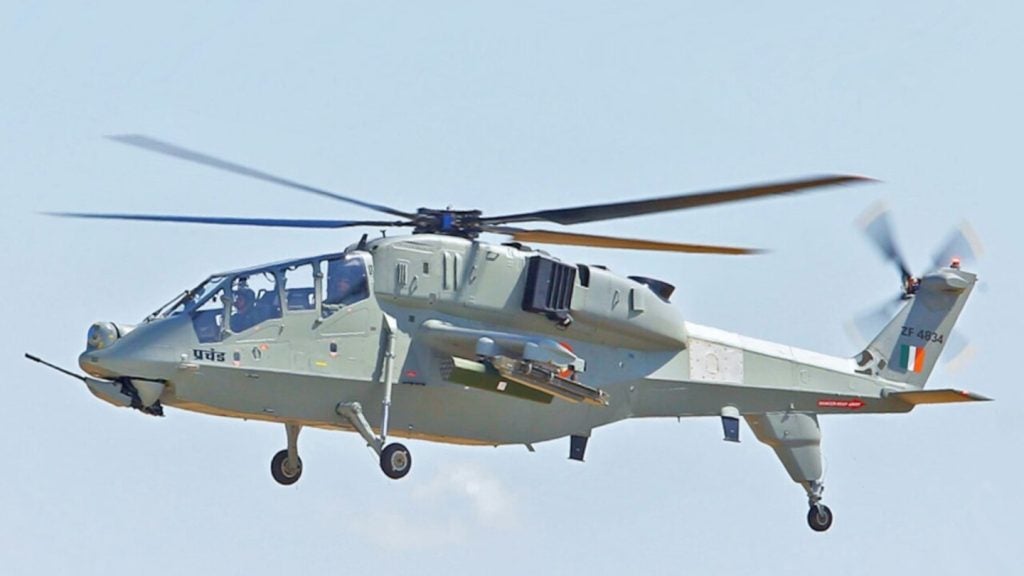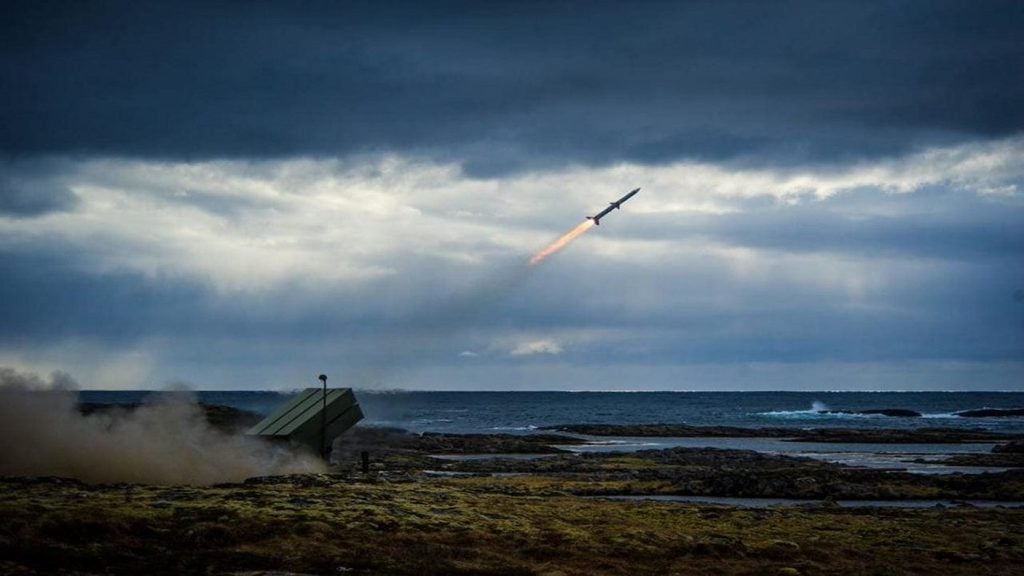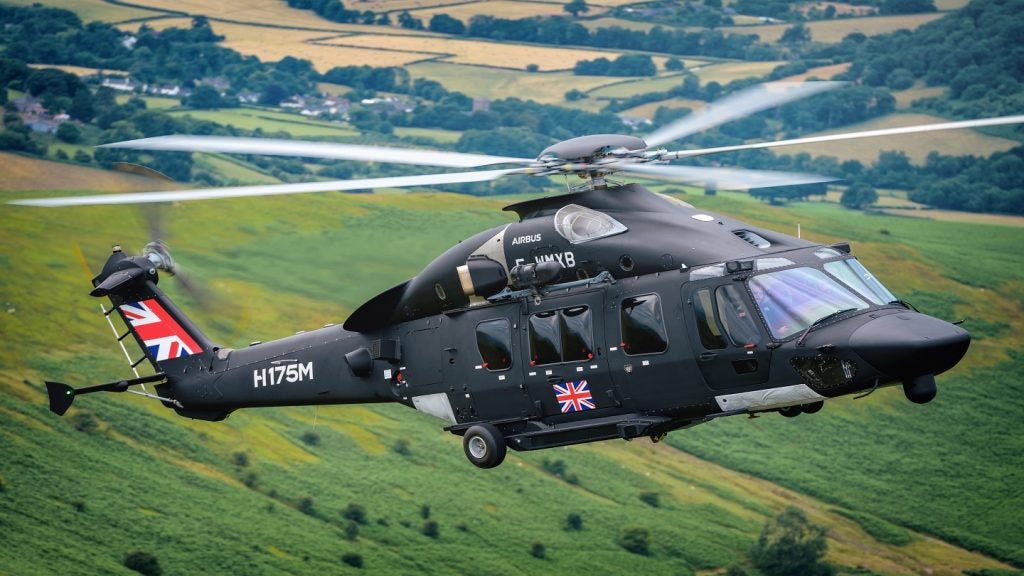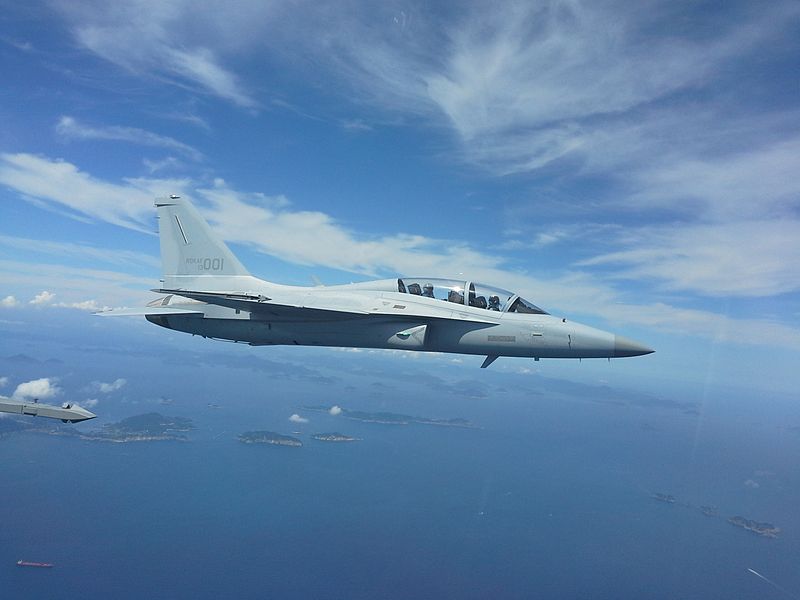Raytheon is developing new technologies to allow seamless communication between next-generation manned and unmanned flying vehicles.
The company’s wholly-owned subsidiary Raytheon BBN Technologies has secured two contracts totalling $9m to facilitate seamless airborne communications even in hostile environments.
The contracts will require Raytheon BBN to provide new networking solutions as part of the US Defense Advanced Research Projects Agency's (DARPA) Dynamic Network Adaptation for Mission Optimisation (DyNAMO) programme.
The DyNAMO programme aims to allow pilots of different aircraft types, with different sensor suites, to easily share information across diverse waveforms and networks despite adversary jamming.
It seeks technology that can not only interconnect existing static networks, but also has the ability to connect future adaptive networks.
Raytheon BBN Technologies Networking and Communications unit vice-president Jason Redi said: "First, we will adapt radio parameters in reaction to changing information needs and conditions, so current and future airborne networks can communicate with each other.
How well do you really know your competitors?
Access the most comprehensive Company Profiles on the market, powered by GlobalData. Save hours of research. Gain competitive edge.

Thank you!
Your download email will arrive shortly
Not ready to buy yet? Download a free sample
We are confident about the unique quality of our Company Profiles. However, we want you to make the most beneficial decision for your business, so we offer a free sample that you can download by submitting the below form
By GlobalData“Second, we will create an efficient way to share information across and between networks that are currently incompatible so that applications operating on them can share relevant data."
The next-generation networking technology is required as adversaries use advanced, commercially available electronic systems to disrupt US and allied communications.
The warfighters currently face communication challenges as the existing airborne radio networks are incompatible with each other, therefore hindering information sharing between multiple types of manned and unmanned aircraft.







